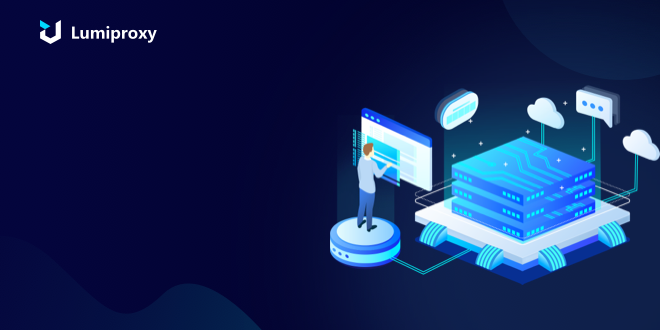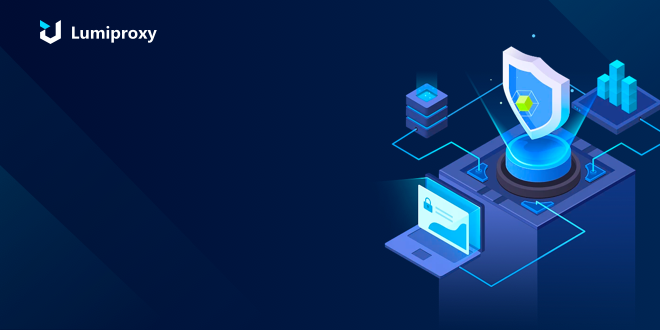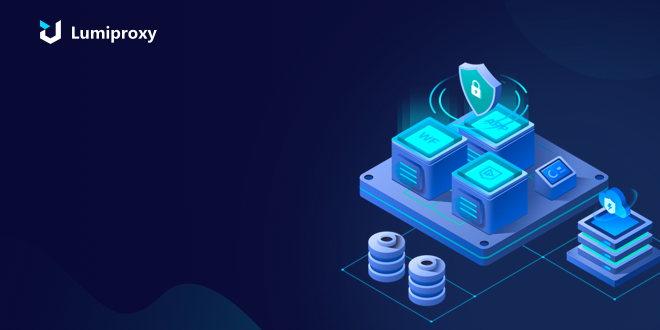In the world of data-driven decision-making, the ability to access and gather information from the web is a valuable asset. Proxy scraping is a technique that allows individuals and businesses to extract data from websites while preserving anonymity and bypassing restrictions. In this blog, we will explore how to use proxy scraping effectively to collect information from the web for various purposes.
What is Proxy Scraping?
Proxy scraping, also known as web scraping with proxies, is the process of automating the retrieval of data from websites using a network of proxy servers. Proxies act as intermediaries between your computer and the website you're scraping, hiding your IP address and enabling you to access web content from different locations. This technique helps overcome limitations, such as IP bans or geographical restrictions, and safeguards your online privacy.
How to Use Proxy Scraping for Data Collection
Using proxy scraping to collect data can be a powerful tool, but it's essential to do it responsibly and ethically. Here are the steps to effectively use proxy scraping:
1. Identify Your Data Source:
Determine the websites or sources from which you want to scrape data. It could be e-commerce websites for price monitoring, news websites for content aggregation, or social media platforms for sentiment analysis.
2. Choose the Right Proxy Provider:
Select a reputable proxy provider that offers a wide range of proxy servers. Ensure that they offer rotating IPs, which can help you avoid being detected as a scraper.
3. Set Up Proxy Configuration:
Configure your web scraping tool or script to use the proxy servers you obtained. Make sure to set up the correct proxy IP and port in your web scraping tool's settings.
4. Select Scraping Frequency:
Be mindful of the frequency at which you scrape data. Frequent, aggressive scraping can trigger security mechanisms on the target website. Adjust your scraping rate to avoid getting blocked.
5. Respect Robots.txt:
Review the website's "robots.txt" file, which provides guidelines on what can and cannot be scraped. It's essential to respect these rules to maintain ethical scraping practices.
6. Handle CAPTCHAs and Anti-Scraping Mechanisms:
Websites often employ CAPTCHAs and other anti-scraping measures. Your scraping tool should be capable of handling these to ensure smooth data collection.
7. Data Extraction and Storage:
Once you have set up your proxy and web scraping tool, you can start data extraction. Define the data points you want to collect and structure the data appropriately. Store the scraped data securely.
8. Data Processing and Analysis:
After data collection, process and analyze it as needed. You can use this data for various purposes, such as market research, competitive analysis, content generation, and more.

Use Cases of Proxy Scraping
1. Price Monitoring: E-commerce businesses can use proxy scraping to monitor competitor prices and adjust their own pricing strategies in real-time.
2. Content Aggregation: News and content aggregation websites can gather data from various sources to provide their readers with a comprehensive overview of the latest information.
3. Market Research: Businesses can use proxy scraping to gather data on market trends, customer sentiments, and competitor activities to make informed decisions.
4. SEO Research: Digital marketing professionals can extract data to analyze keyword trends, backlink profiles, and content performance for SEO optimization.
5. Social Media Monitoring: Brands can scrape social media platforms to track mentions, sentiment, and user engagement, enabling them to enhance their social media strategies.
Ethical Considerations and Legal Compliance
When using proxy scraping for data collection, it's crucial to be aware of legal and ethical considerations. Always adhere to the website's terms of service and respect robots.txt guidelines. Additionally, ensure that you are not violating copyright or data privacy laws when collecting and using the data you've scraped.
Proxy scraping is a valuable technique for collecting data from the web, offering anonymity and the ability to bypass restrictions. When used responsibly and ethically, it can be a powerful tool for businesses, researchers, and individuals looking to gain insights, monitor trends, and make data-driven decisions. By following best practices and respecting legal and ethical guidelines, you can effectively leverage proxy scraping to extract valuable information from the web.
























 Português
Português